Stanley Morrice knows a few things about food.
Born to a Fraserburgh fishing family, he was out on the boats catching it until injuries sustained in a car accident at the age of 14 took him on a different path.
He then started selling it in a much loved chain of shops called Aberness – a portmanteau of Aberdeen and Inverness – which had 36 shops between the two urban centres.
Local produce the secret to success?
The stores were ahead of time in their focus on sourcing local or Scottish produce. He was managing director of the firm when it was sold to national retailer Somerfield in a £20 million deal in 2004 and that all changed.
“It was always the core of our business and when we sold it to Somerfield they made a complete hash of it,” he recalls.
“They took things like butteries out of the stores, and Tennants lager and oat cakes and put in English brands instead. Some of the stores halved in sales in six weeks.
“I think all retailers are much better at that now.”
A foray into a fast growing, high-end delicatessen McLeish Brothers faced challenges during the banking crisis. It fell into administration in 2009 after its troubled lender HBoS withdrew a loan facility.
His appetite for food serviced undimmed, he began leading Strachans, a well known offshore catering business.
The family firm had started in 1939 providing victualling services for Peterhead herring fishing fleet.
That business is now owned by Wrist, one of the world’s largest suppliers of provisions, stores, and spare parts logistics to the global shipping industry.
Morrice has grown with that company and is now chairman of a number of the Danish group’s global division, including ship provisioners Garrets International which has operations in the UK, Singapore and the Philippines.
Food inflation is a global problem
He is now also chairman of Centralam, a major ship chandler based at the Panama Canal which Wrist acquired in February.
Relaxed at his home in Mill of Fintray with wife Evelyn and their English springer spaniel Pebbles, he admits his jobs come with a “fair bit of travelling” which gives him a unique perspective on his own corner of the north-east.
In addition to these roles, he also chairs the food, drink and agriculture board at Opportunity North East (ONE), the private sector economic development agency.
Providing food around around the world when much of it was shut down during the pandemic was a unique challenge.
“Even in covid when containers were not moving you still had crews on vessels that needed to be fed,” he said. Nevertheless the companies he leads “did rather well during covid”.
Now issues of rising costs of goods – including food and materials are a global problem over which he has a unique view.
“Our customers are experiencing issues with inflation.
“It is interesting – wearing an ONE hat you look at what is happening in this corner of the UK, but with the Garrets hat you are then looking at inflation throughout the world.
“Although the UK is not brilliant if you look at European context, France has half the inflation we have.
“Taken in a world context and versus America, the UK is actually doing rather well.
“It gives you a better perception of what is going on in the world.
“The east has managed to avoid the huge increases in inflation because they aren’t involved in the Urkranian war.
“It is interesting times for food manufacturers, retailers everybody right now – obviously we are all consumers as well.
“It’s tough times – there’s no doubt about that.”
Investment in the future of food and drink
However it could be a case that when the going gets tough, the tough get going – and if they launch a food business in the north-east they can come to ONE and Morrice for support, advice and if they are lucky, maybe even some funding.
“There are still a massive amount of people setting up in business,” he said.
“Last year, we were engaging with over 40 new start ups.”
“We had a bootcamp for 27 new starts helping them get going. Twelve businesses we are supporting through the business growth programee and 33 business we invested money in through an accelerator innovation fund.”
His work at ONE also brings him a little closer to his childhood encounters with foood production.
“There is also a real focus on seafood because if you look at that sector, fishing is hugely important for this area.But but we tend to take the fish here and put it other places either UK or Europe to get added value – that is a big opportunity.
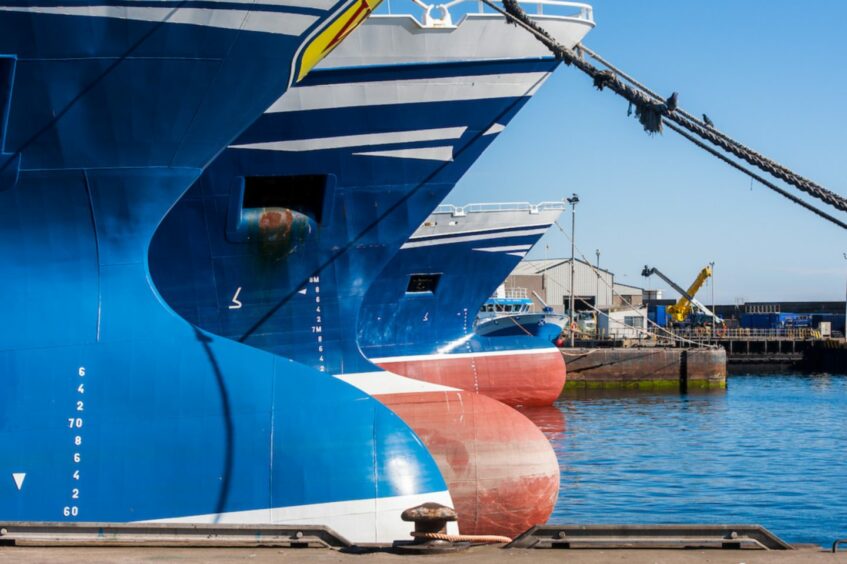 Fishing vessels at Fraserburgh harbour. Photo Wullie Marr
Fishing vessels at Fraserburgh harbour. Photo Wullie Marr
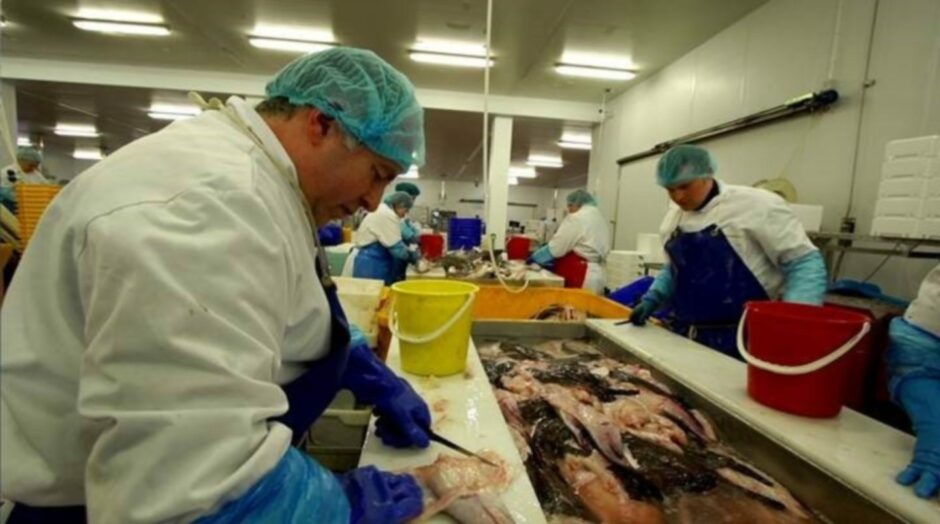
Seafood processing is “hugely important”“
“There was also a real focus on seafood because if you look at that sector, fishing is hugely important for this area.But but we tend to take the fish here and put it other places either UK or Europe to get added value – that is a big opportunity.
“We have some of the best fish in the world landed – but we believe keeping it in this area and adding value to it should be a focus.”
Morrice is vice chair of Seedpod, the £21 million food and drink industry growth hub being built at Scotland’s Rural College campus at Craibstone next year.
Since the pandemic, the ambitions for this project have changed.
He said: “It is still about new product development but it is also now about digitalisation – looking at robotics and articial intelligence – and obviously sustainability is another part of Seedpod.”
Robots will boost agriculture
Automation is set to become a significant part of the food industry’s success – not least because labour to harvest produce is increasingly difficult to come by.
“Look at the guys who have invested in automation – Rora Diary, Farmlay Eggs have invested heavily in robots that pick up eggs. Bill Dean at Deans Shortbread, Gregor Mackintosh at Mackintosh of Glendaveny has spent a lot of money on automation
“There is a definite focus on that area – because it’s difficult getting people.
“Our aim is we will be able to get higher value jobs in this area –more highly paid and highly skilled jobs. It will also boost the economy.”
Nor is this the first time Morrice has worked on supporting the region’s food and drink industry.
Moving faster
He previously served as vice chair of Scottish Enterprise Grampian representing the food and drink sector for five years before the organisation’s restructure discontinued regional boards in 2008.
As a result of the work has done in the industry, he was awarded an MBE in the Queen’s jubilee honours.
He is enjoying his work at ONE – not least because he feels he is getting more done than in previous economic development role.
“The vision which was there before I joined, it’s really sound,” he said.
“I think we are really lucky in this area to have such an institution.
“The difference between Scottish Enterprise and ONE is that ONE is privately funded and they can get things done quicker.
“The vegetables, the strawberries, the ice cream – it is fantastic quality, we are really spoiled.”
“There’s no need go through all the processes or the political masters they need to please.
“The nimbleness of being able to react to situations – we have a board that is really representative of all the food and drink business in this area.
“These guys will come and tell us every board meeting what are their problems and what are their opportunities. The team can then react quickly.
“We have 80-plus members of the food and drink board who volunteer their time to help new businesses develop in this area.
“It’s not only manufacturers it people from Sodexho, Aramark and Entier. These big catering companies as well as the likes of Bill Dean – they offer their time as well.
“You have a mix of big corporate people and entrepreneurs who can then help the next generation.
“What I see happening in this area, with my job taking me to Panama and America, actually the quality of the product you get here – to me it’s second to none.
“The vegetables, the strawberries, the ice cream – it is fantastic quality, we are really spoiled.”
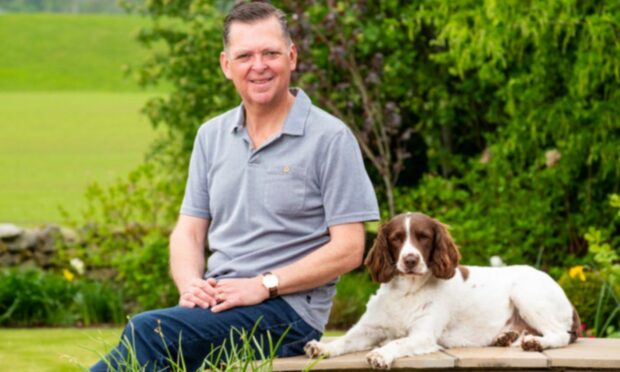
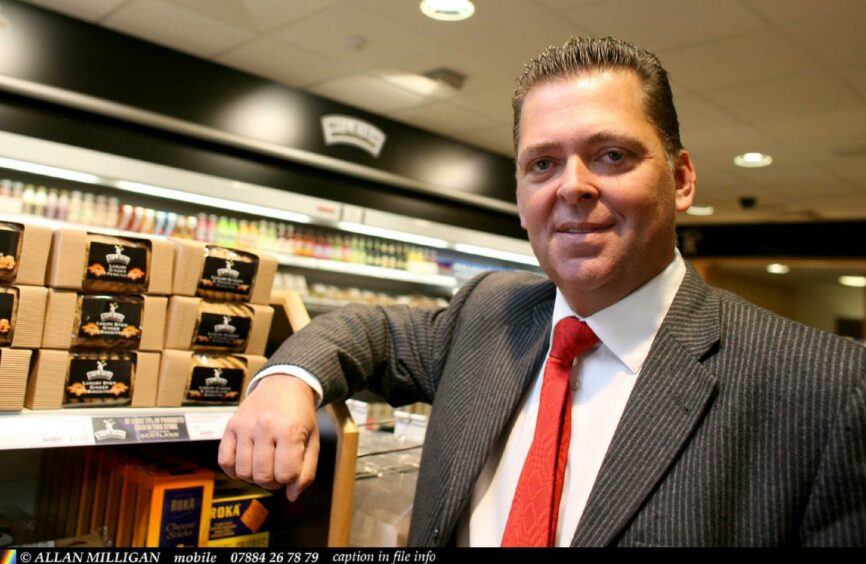
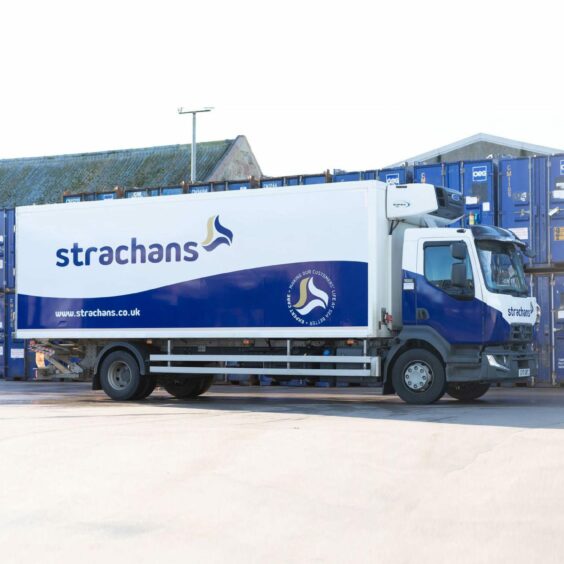
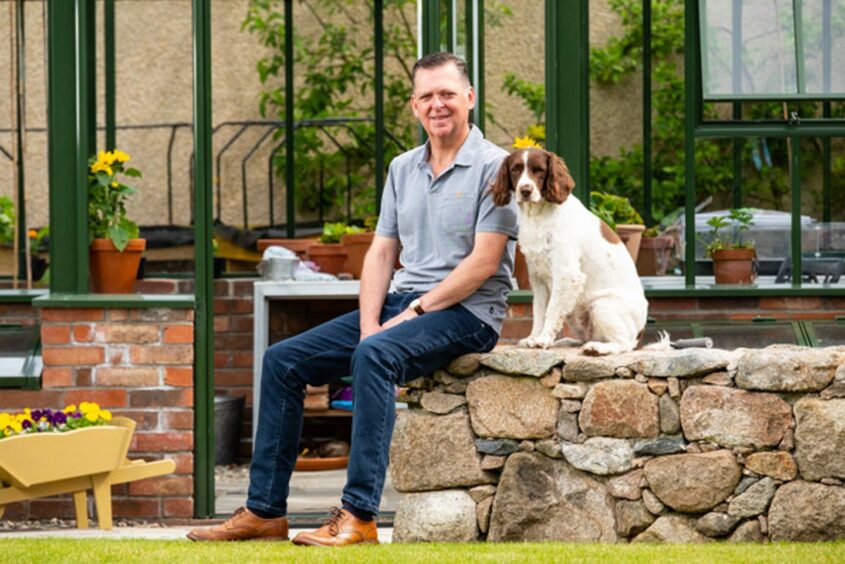
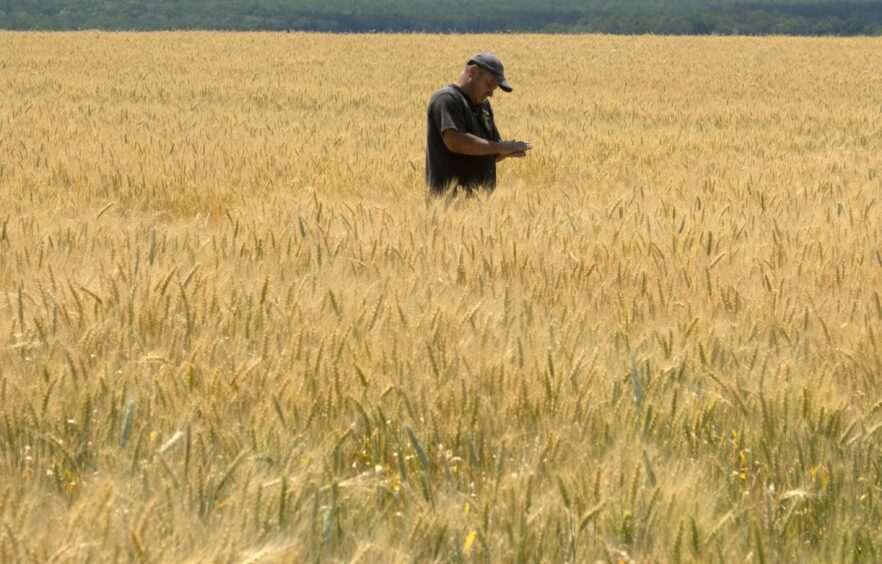
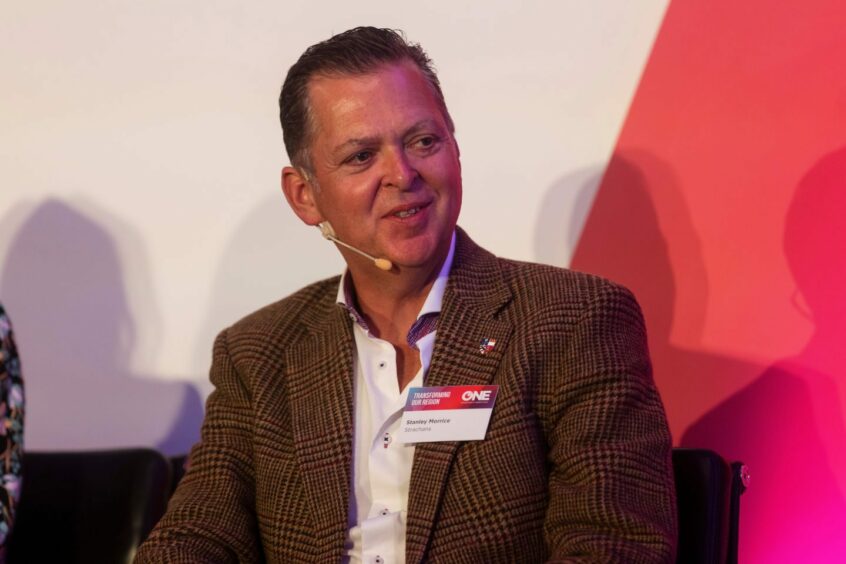
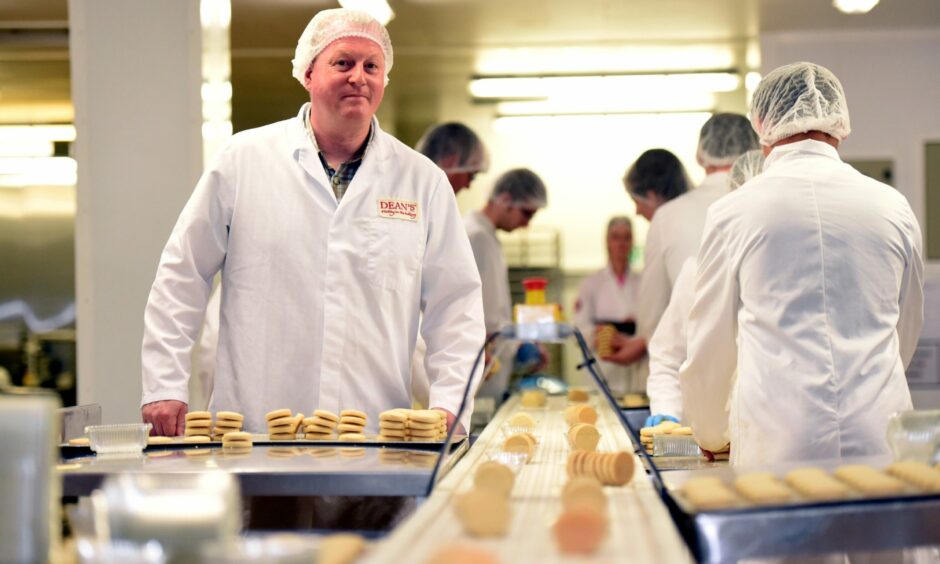
Conversation